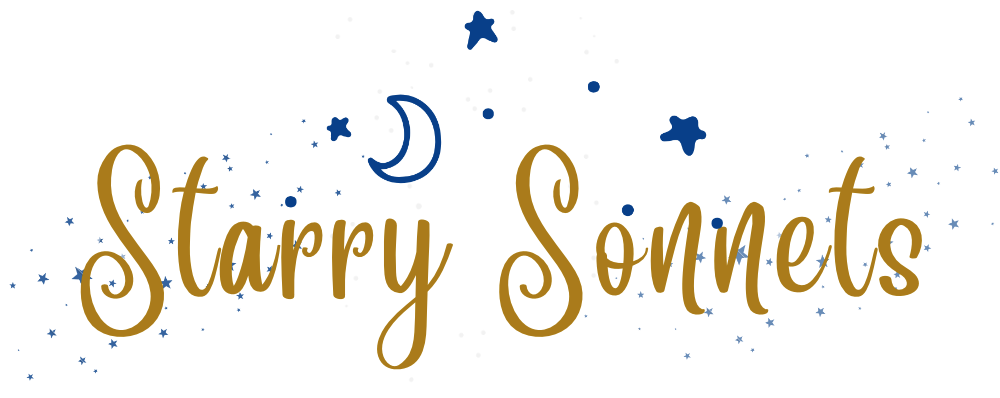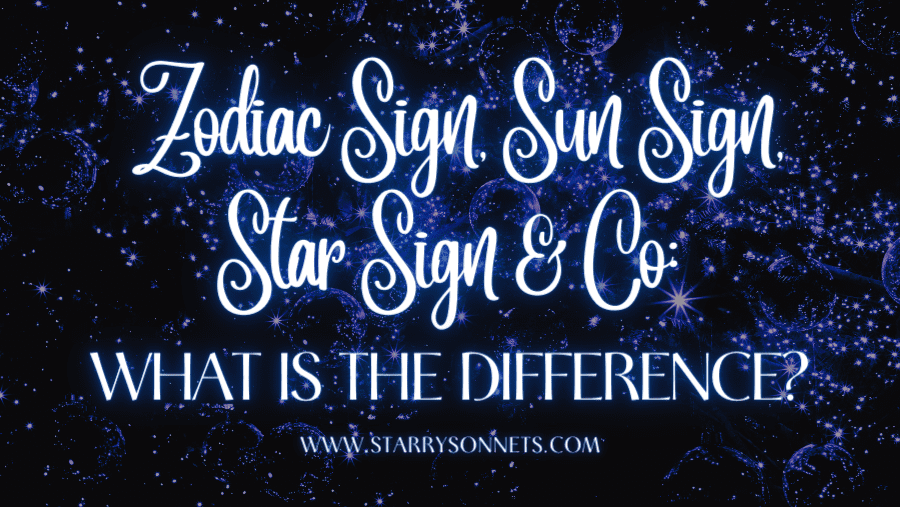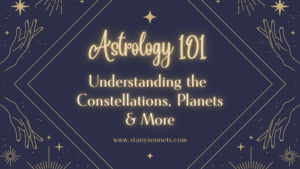When talking astrology, terms like ‘Zodiac Signs’, ‘Sun Signs’, ‘Star Signs’, and ‘Horoscope Signs’ are often used interchangeably. This leads to a sense of confusion for those new to the field.
But is there a difference between a Zodiac sign and a Sun sign?
And what exactly is a Star sign?
These are valid questions and often pop up. So today, we’ll shed some light on the terminology around zodiac signs and hopefully clear up all the questions you might have!
Overview
- Understanding Zodiac, Astrological, Horoscope, and Sun Signs
- The Myth of Star Signs
- Zodiac Signs and the Natal Chart
- Final Thoughts
Understanding Zodiac, Astrological, Horoscope, and Sun Signs
When talking astrology, you’ll often encounter terms such as ‘astrological signs’, ‘horoscope signs’, and ‘Sun signs’. While they may seem different, they are synonymous, all referring to what is commonly known as ‘Zodiac signs’.
This is based on the zodiac wheel, a circle of twelve 30-degree divisions of celestial longitude that are centered on the path that the Sun takes over the year.
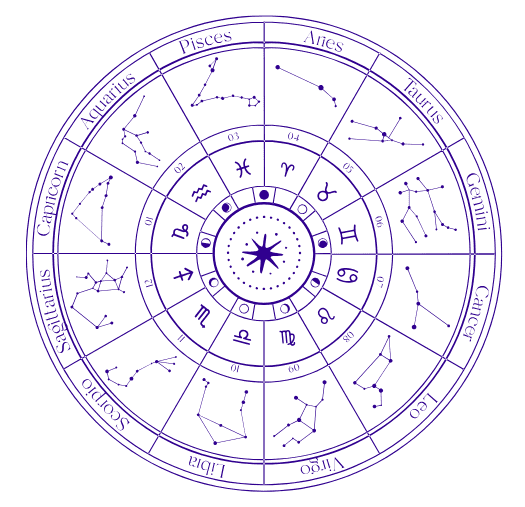
The 12 zodiac signs, as we know them, have been influenced by a number of ancient cultures. However, the names we know today came from ancient Greece. The zodiac signs with their approximate dates are:
- Aries (March 21-April 19)
- Taurus (April 20-May 20)
- Gemini (May 21-June 21)
- Cancer (June 22-July 22)
- Leo (July 23-August 22)
- Virgo (August 23-September 22)
- Libra (September 23-October 23)
- Scorpio (October 24-November 21)
- Sagittarius (November 22-December 21)
- Capricorn (December 22-January 19)
- Aquarius (January 20-February 18)
- Pisces (February 19-March 20)
Your Zodiac Sign is based on the position of the Sun at the time of your birth. Which explains where the name ‘Sun signs’ comes from. For instance, if you were born when the Sun was in the constellation of Aries, your Zodiac sign (or Sun sign) is Aries.
Sun signs are the most well-known part of astrology. They became super popular with horoscopes found in newspapers and online for daily, weekly, or monthly predictions. But more than that, they can provide insights into personality traits, future possibilities, and potential challenges based on astrological patterns.
But always remember: these traits are generalizations. Not every individual will identify with all characteristics of their Sun sign. Astrology is complex, and an individual’s chart can contain influences from multiple signs.
The Myth of Star Signs
Every now and again, you hear the term ‘Sun Signs’, which is incorrect when people are talking about ‘Zodiac Signs’ or ‘Sun Signs’.
However, in the strictest sense, ‘Sun Signs’ don’t technically exist within astrology.
The confusion might come from the fact that the constellations associated with the Zodiac signs are made up of stars. But as we’ve just learned, the stars are not directly influential in determining your zodiac sign. Instead, it’s the position of the Sun at the time of your birth is key.
In other words, while it’s common to hear the term ‘Sun Signs’ used in popular culture, it’s a misnomer in astrological terms. The correct terms to use would be Sun sign, Zodiac sign, or astrological sign.
Zodiac Signs and the Natal Chart
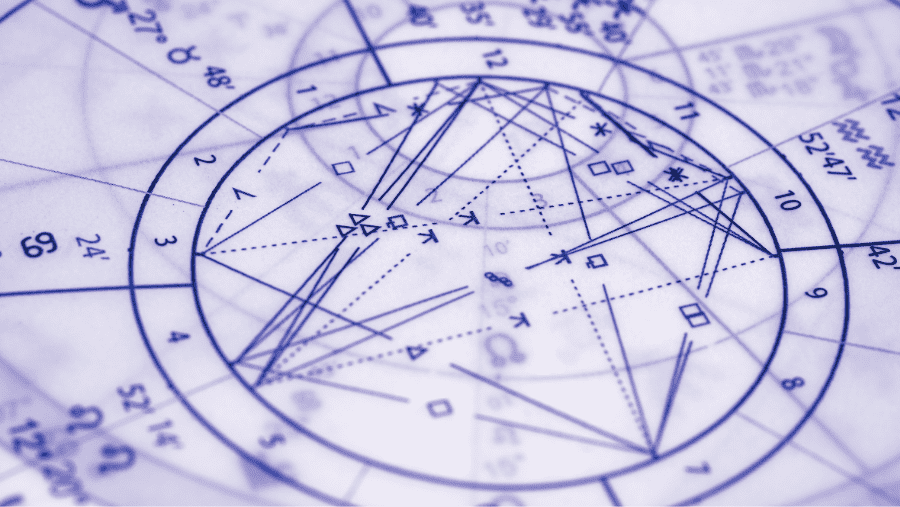
Zodiac signs, as we’ve discussed, are the most well-known part of a ‘Natal Chart’, also referred to as a ‘Birth Chart’ or ‘Astrological Chart’.
The natal chart is a snapshot of the cosmos at the exact moment of your birth, providing a celestial roadmap that can guide you through life’s journey. Explaining how each component of your natal chart works would take much more than just this post.
But let me give you a general idea: It’s a wheel divided into 12 houses, each representing different areas of your life, such as career, relationships, personal growth, etc. Within these houses, the positions of the Sun, Moon, and planets at your time of birth are plotted.
Basically, your Sun sign (or Zodiac sign) is just one element of this chart. It represents your core personality, ego, and identity. Other important components in the star chart are:
- Moon Sign: This reflects your emotional, inner world and how you instinctively react to situations.
- Rising Sign (or Ascendant): This sign was rising on the eastern horizon at your time of birth and represents your outward behavior and how others perceive you.
- Planetary Positions: Each planet represents different aspects of your life and personality. For example, Venus relates to love and beauty, while Mars relates to ambition and aggression.
- Houses: The chart divides into 12 houses, each representing a different area of life. Where each planet falls in these houses affects how its energy manifests.
- Aspects: These are the angles the planets make with each other, affecting how their energies interact.
- Elements: There are four elements (fire, earth, air, and water) represented in the star chart. Each element has its own unique qualities that influence your personality.
Accordingly, all of these and more components work together to create a unique and complex star chart that is specific to each individual.
Interpreting this composition involves understanding the relationships between these elements and their implications for an individual’s life and personality. At the end of the day, your natal chart provides a much more comprehensive picture than just the Zodiac sign alone by offering insights into:
- Personal strengths,
- Challenges,
- Potential life paths.
It is also important to note that you might find different components based on the astrologer who created the chart. Their approach might be influenced by past learnings or their own individual approach.
Final Thoughts
And that’s it… Hopefully, we’ve cleared up some of your confusion about these terms and how you should use them while learning more about astrology!
As you delve deeper into this fascinating subject, remember that astrology is not absolute. It offers possibilities based on celestial influences, but free will and personal growth also play crucial roles in how your life unfolds.
Consider Astrology as a tool for introspection and self-understanding, helping you navigate the complexities of life with a bit more insight.
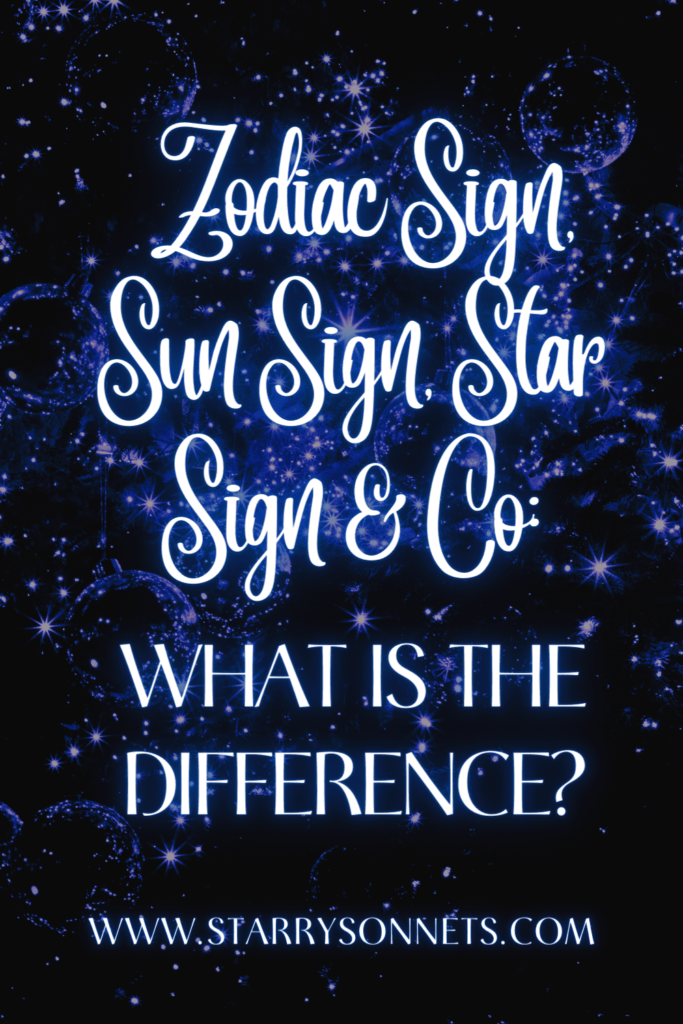
You might also like:
